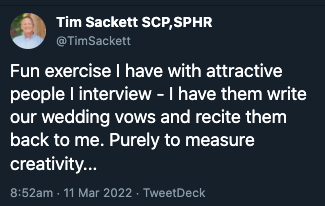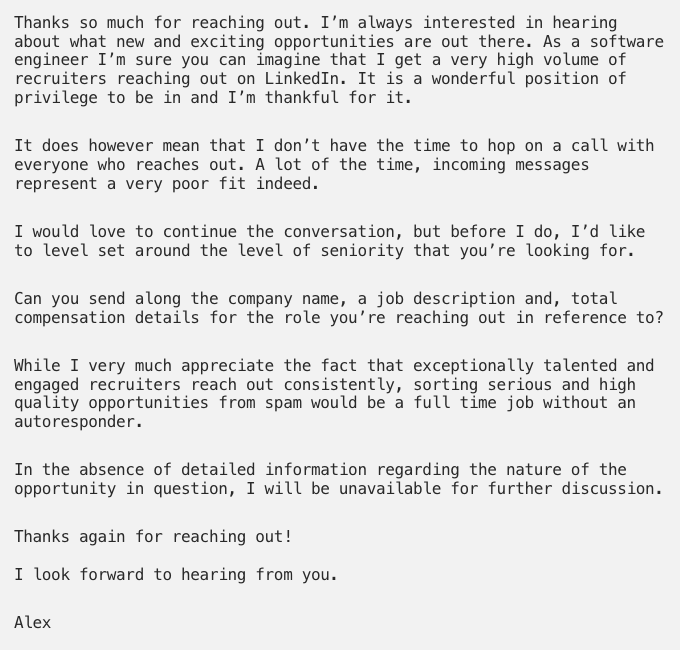Today will be the first day that I will not be working with the person I’ve had the single most tenure together as co-workers. Lori Johnson (LJ) has been with my company, HRUTech.com, for 22 years! She was a kid when she came here and I had the chance to see her get married, have three kids, grow into an amazing person. We have worked together for 15 of those 22 years. I got to see her on her first day of employment and on her last day of employment.
Now, you might be thinking, she’s leaving you! So she’s not loyal! Loyalty is dead, Tim!
But it’s not. Her 22 years of employment prove loyalty isn’t dead. While I’ve been there for her, through her ups and downs, she stood by me through my own. She believed in me and my vision when others didn’t. She never wavered. I’m proud to call her a co-worker and peer, and I’ve talked about her and her loyalty in so many talks I’ve given.

I would tell people that LJ would kill for me if I asked, and I was only half-joking. She has my back and I have her back. We are now family. I love her. I know that sounds weird to say you love a co-worker, but that is where this relationship has grown. She is moving on to an opportunity that she is very excited about and I’m excited for her. I’m heartbroken but excited! That’s part of life and work.
If we are lucky we’ll have some amazing people enter our lives through work. We will grow with them and at some point that work relationship ends and what you are left with is now a friendship. And I keep telling myself I’m okay with that! On Friday this past week, I walked into the office and said “Good Morning, Lori!” for the last time. I’ve done it thousands of times and she was always happy to see me and I was happy to see her. If I was ten minutes late for work she would call 911 believing something must have happened to me on the way to work!
Lori is one of the most loyal people I’ve ever met. There is nothing I wouldn’t do for her because I believe there is nothing she wouldn’t do for me. To me, that’s loyalty.
Now, you might say to yourself, Tim, how the heck could you let such an amazing person leave your company? I’ve asked myself that same question about million times over the past two weeks. I could have offered her something that I know would have got her to stay, but that’s not what she wanted. She wanted to challenge herself, to prove that she can do this after only working one job her entire adult life, and as her friend, I want to support her and cheer her on to reach this goal. It’s important to her. More important than me keeping my comfort blanket.
Loyalty isn’t dead in my mind, because I’m being loyal to her by not trying to buy her to stay. Her doing this will make her stronger and better, and as her friend, I think that’s awesome. The first time I left HRU it made me exponentially a better person and smarter professional. When I came back I was a different person. My hope is the same thing will happen to LJ and when she comes back, she’ll be even more amazing! (Yes, I will hold out hope of a return!)
For all the HRU alumni, LJ leaving will come as a shock. She’s already told me of folks contacting her wanting to know the juicy details of why! That’s our nature, we think it has to be something, she would never leave HRU! What I know is we are stronger because of her and her tenure as a company, and I will always have a spot open for her because that’s what you do for the most loyal person you’ve ever worked with.
Good luck, LJ. I will always be here for you in life and work.



